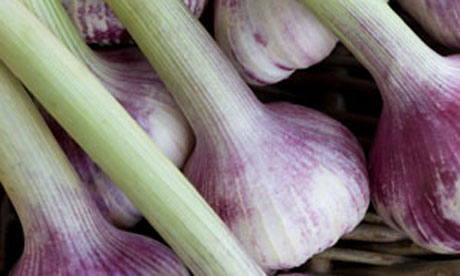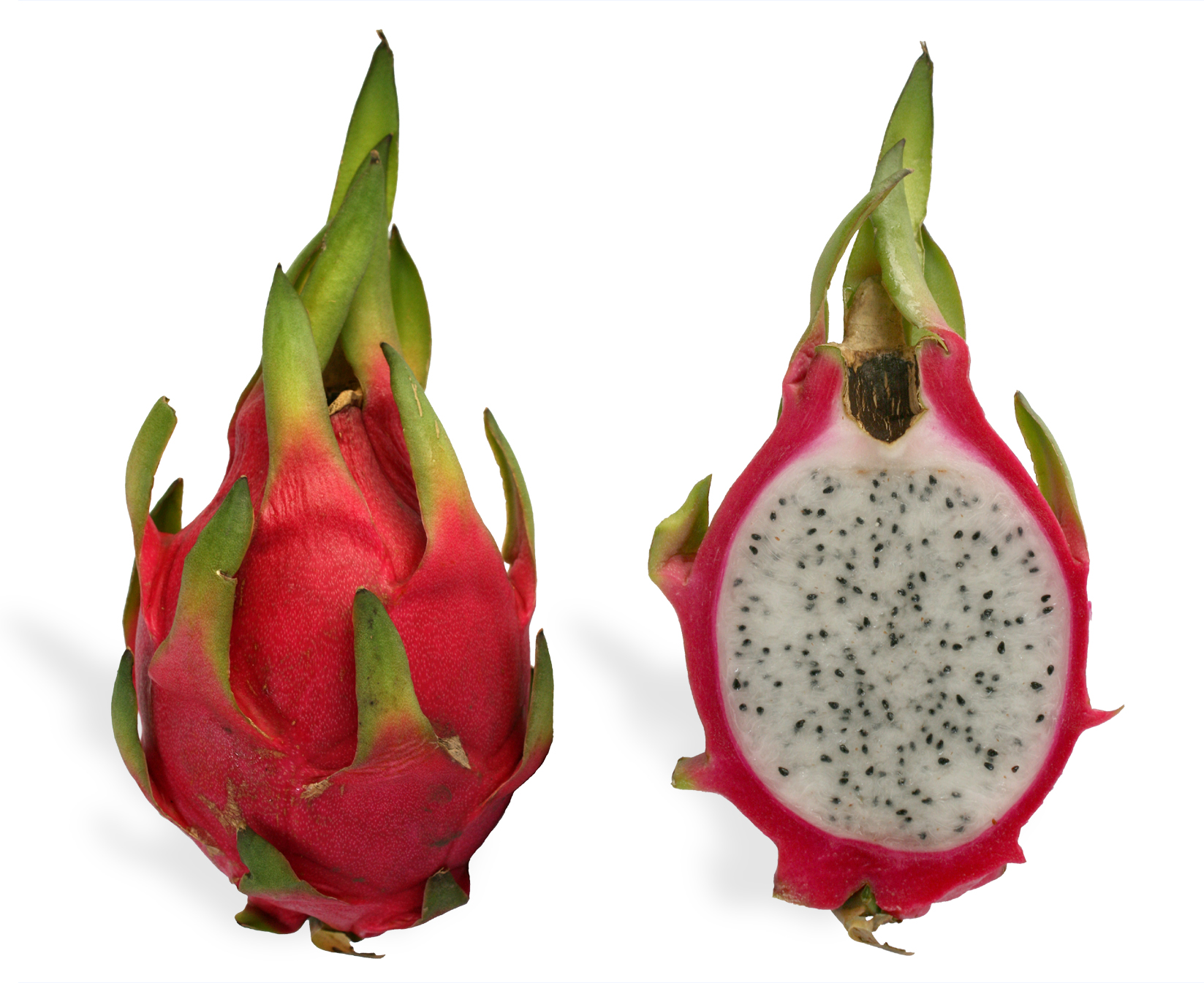When Various Fruits and Vegetables are In Season in Israel
May 27th 2015
 In fulfillment of the Bible’s prophesies, the Land of Israel brings forth its produce with great abundance, flavor and freshness, securing the Land of Milk and Honey’s corollary identity as The Land of Fruits and Vegetables. For many travelers, these basic building blocks of Israeli cuisine are among the most alluring aspects of their memorable repeat visits.
In fulfillment of the Bible’s prophesies, the Land of Israel brings forth its produce with great abundance, flavor and freshness, securing the Land of Milk and Honey’s corollary identity as The Land of Fruits and Vegetables. For many travelers, these basic building blocks of Israeli cuisine are among the most alluring aspects of their memorable repeat visits.
Many of the fruits and vegetables you’re already familiar with are harvested freshly in Israel year round. The local grocers and distributors also make the most of advanced refrigeration techniques to extend the lifetimes and  diminish the gaps between seasons for of many items, including citrus fruits, avocados and winter crops like artichokes.
diminish the gaps between seasons for of many items, including citrus fruits, avocados and winter crops like artichokes.
So if you want to make a simple garden salad, you’ll always find lettuce, carrots, peppers, red cabbage, onions,
tomatoes and cucumbers. In fact, don’t be surprised if a finely diced salad of tomatoes, cucumbers and onions, commonly called “Israeli salad,” is served alongside three meals a day as you travel across Israel. Note that Israeli vegetables are much smaller and more flavorful than American cucumbers and are often eaten with the skin.
 The pattern of rain in Israel makes the difference between summer produce and winter produce. As a rule, rain is extremely rare in Israel during the summer months. As a result, winter fruits and vegetables are often better tasting than their summer versions. For example, though the typical Israeli-grown banana is a different variety than the bananas imported from Latin America and sold in the US, you can buy bananas in Israel all year. However, winter bananas are more firm and flavorful.
The pattern of rain in Israel makes the difference between summer produce and winter produce. As a rule, rain is extremely rare in Israel during the summer months. As a result, winter fruits and vegetables are often better tasting than their summer versions. For example, though the typical Israeli-grown banana is a different variety than the bananas imported from Latin America and sold in the US, you can buy bananas in Israel all year. However, winter bananas are more firm and flavorful.
Another aspect of the fruit and vegetable marketplace to be aware of is that Israel imports far less produce than the US. As a result, many varieties of produce are strictly available according to their growing seasons. Here are some of Israel’s most distinctive seasonal produce.
Fresh Garlic – Most of the year, Israelis cook with dried white garlic that’s imported. But if you’re visiting Israel in
late March, look in outdoor produce markets for huge stalks of fresh garlic. Vendors will braid multiple stalks together to decorate Israeli kitchens, and experienced cooks will use cloves from these garlic heads for months to come. Likewise peaking in the late spring are apricots and avocados.
Strawberries – This will be a surprise, but strawberries are a winter fruit in Israel. You won’t find a single fresh
strawberry in any market in Israel in July, but there will be piles of sweet, ripe, red strawberries for a few months, starting in December. Additional winter produce species include lettuce, spinach, pears, citrus, beats and artichokes.
Pomegranates – These round, red fruit with a crown, rumored to be filled with 613 seeds, start to ripen in late July. By Rosh Hashana time (September/October), they are at their peak. Mangoes and dates also peak in the fall here.
Dragonfruit – Ripening in August, you simply have to see this unusual fruit for yourself. Its extremely unappealing exterior belies the incredible, rich purple color within. More summer fruits include peaches, melons, grapes and plums.
In general, Israeli grocers are less motivated to push inferior, non-seasonal fruits and vegetables than their North American counterparts. If you see it on a store display, plate or welcome basket, then it’s probably good stuff. But if you know that the specialties are for the time of year you’re here, then you’ll know what’s especially worthy of seeking out for maximum value and flavor.











